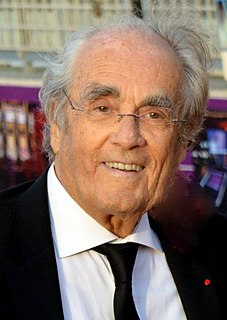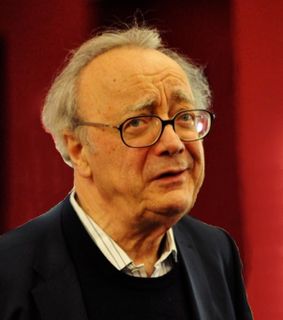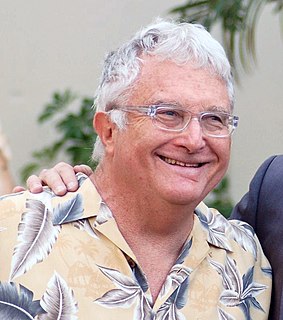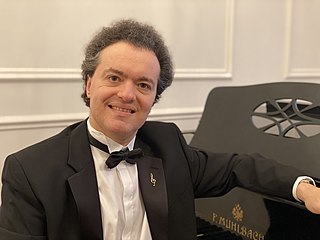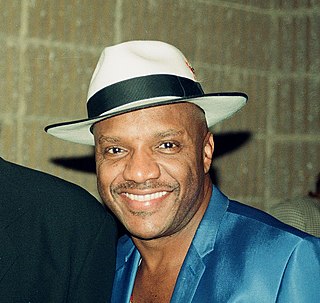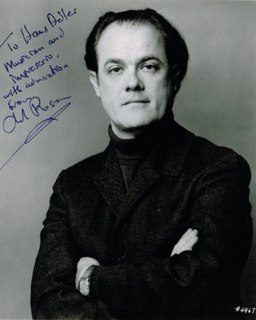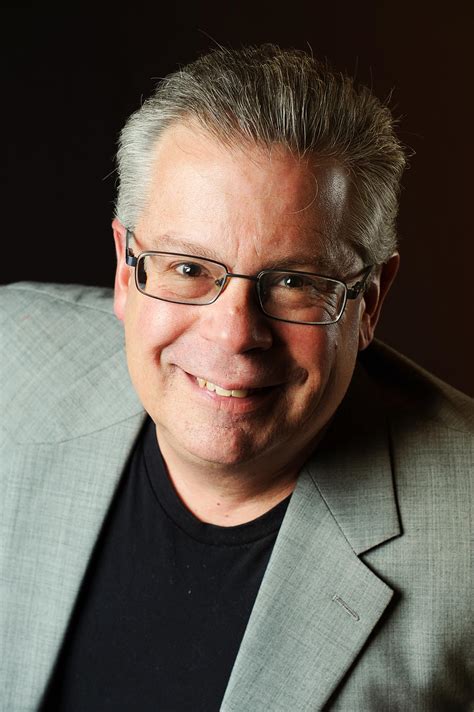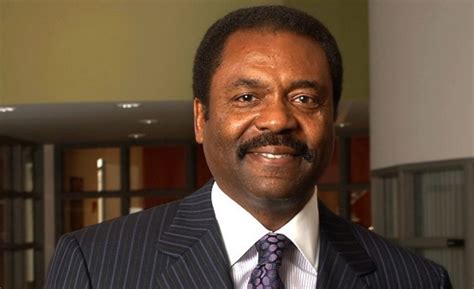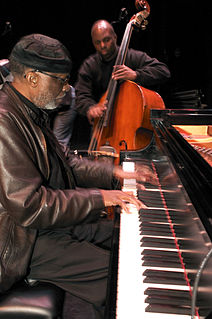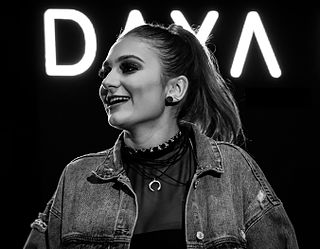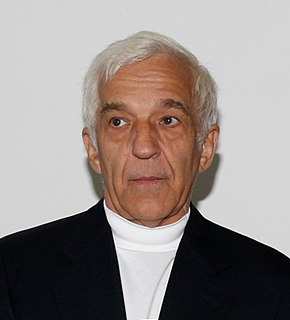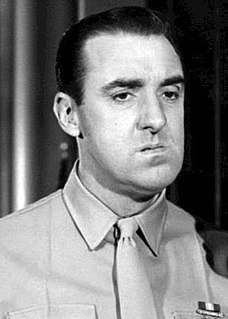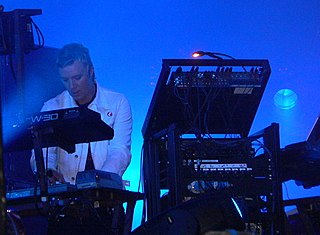A Quote by Michel Legrand
I insist on a Steinway for my recordings, my concerts and my home. It is the only piano I want to hear my music played on.
Related Quotes
When we hear a Mozart piano concerto today, we're most likely to hear the piano part played on a modern concert grand. In the hands of a professional pianist, such a piano can bury the strings and the winds and hold its own against the brass. But Mozart wasn't composing for a nine-foot-long, thousand-pound piano; he was composing for a five-and-a-half-foot-long, hundred-and-fifty-pound piano built from balsa wood and dental floss.
I like the idea of a kind of eternal music, but I didn't want it to be eternally repetitive, either. I wanted it to be eternally changing. So I developed two ideas in that way. 'Discreet Music' was like that, and 'Music for Airports.' What you hear on the recordings is a little part of one of those processes working itself out.
